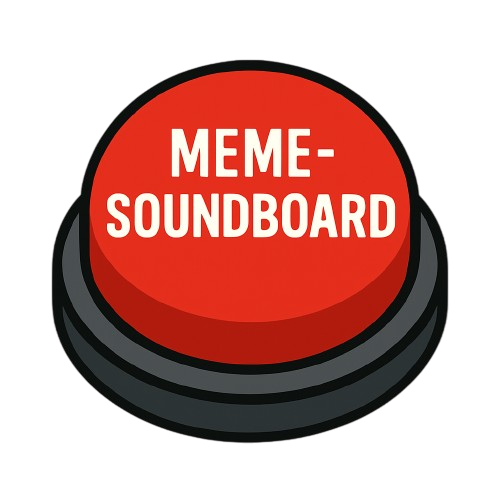Memes have become a defining feature of online culture. They’re humorous, relatable, and often shared without a second thought. But from a mental health perspective, how do these bite-sized pieces of internet content really affect us? Therapists have weighed in-with a range of opinions. This article explores how memes influence mental health: the positive impact, the potential harm, and their growing use in therapeutic work.
Mixed Reactions from Therapists
Mental health professionals don’t all agree on the value of memes.
- Some see them as a lighthearted and creative way to express emotion or share thoughts.
- Others are more cautious, noting that memes can sometimes minimize serious issues or be used as a vehicle for online bullying.
Key advice: Be mindful of the content and tone of memes you share. If you’re unsure whether something might be offensive or inappropriate, consider sharing a light-hearted GIF or uplifting post instead.
How Memes Can Support Mental Health
According to many therapists, memes can offer unexpected mental health benefits:
- They foster emotional connection by letting people express feelings in a digestible, humorous format.
- Sharing memes that reflect one’s mood can create a sense of being seen and understood.
- Memes can also build a virtual sense of community-especially in challenging or isolating times.
Risks Associated with Memes
Despite their benefits, memes come with potential drawbacks:
- Some memes spread misinformation or make light of sensitive topics.
- Others may be offensive or perpetuate stigma.
- They can also be weaponized as tools for cyberbullying or online shaming.
Therapists urge caution: ensure your memes are respectful and don’t target others negatively.
Using Memes as a Mental Health Tool
Memes can contribute positively to emotional well-being when used intentionally.
- They can help people articulate complex feelings that are hard to say out loud.
- Laughing at a relatable meme can lift mood and offer relief from emotional distress.
- In some cases, memes act as coping tools, helping individuals feel less alone in what they’re experiencing.
Can Memes Help with Depression?
Some therapists believe memes may provide small, meaningful relief for those struggling with depression:
- A funny or comforting meme can create a moment of levity during dark times.
- When shared thoughtfully, memes can foster connection and mutual understanding.
- While they’re no substitute for therapy or medical care, they can play a supportive role.
Do Memes Improve Mood?
Yes. Therapists often point out that memes have mood-boosting potential:
- They offer short bursts of humor or insight that can brighten a difficult day.
- Memes that validate someone’s emotions can help reduce stress and foster connection.
- Overall, they can serve as small but effective self-care tools.
How Therapists Use Memes in Practice
Some mental health professionals are now incorporating memes into therapy settings:
- Memes can help clients open up about difficult emotions in a non-threatening way.
- They provide a shared cultural reference point that can ease communication.
- In group therapy or support spaces, memes can spark discussion or break the ice.
The Future of Memes in Mental Health Conversations
Memes are likely here to stay-and mental health professionals acknowledge their influence:
- As long as they’re used mindfully, memes will remain a creative way to connect and share.
- Their unique ability to combine humor with emotion makes them a powerful communication tool.
- They’ll likely continue evolving alongside our digital habits and cultural landscape.
What to Keep in Mind When Sharing Memes
Before posting or sharing a meme, consider:
- Could it be misunderstood or cause offense?
- Does it trivialize a serious issue?
- Would you be comfortable with someone close to you seeing it?
When in doubt, share something that brings joy or comfort. The goal should be to contribute to a more supportive and inclusive online space.
Final Thoughts: The Value of Memes for Mental Health
Memes can be far more than online entertainment.
- They help people process emotions, connect with others, and even feel a little less alone.
- When used with empathy and intention, memes can complement mental wellness practices.
- In a digital world where attention spans are short and emotions run high, a meaningful meme can be both a smile and a lifeline.
